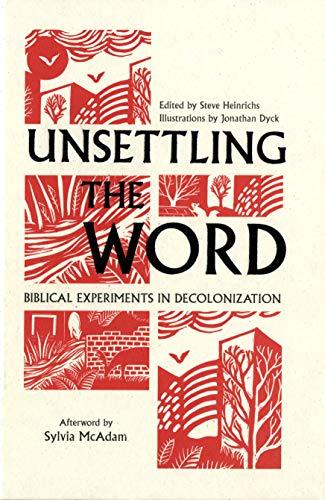What do you think?
Rate this book


322 pages, Kindle Edition
Published February 20, 2019
One day they "discovered" a valley in the land of Shinar and settled there. Shinar is actually the prairie region of Turtle Island. It wasn't in need of discovering. People had been there forever...
So the settlers of Babel built a city and a tower that almost reached to heaven. It made them famous. And the corporations and her nation-state were proud. And the military stood on guard to protect it and to ensure the continued intake of civilized resources from uncivilized places.
